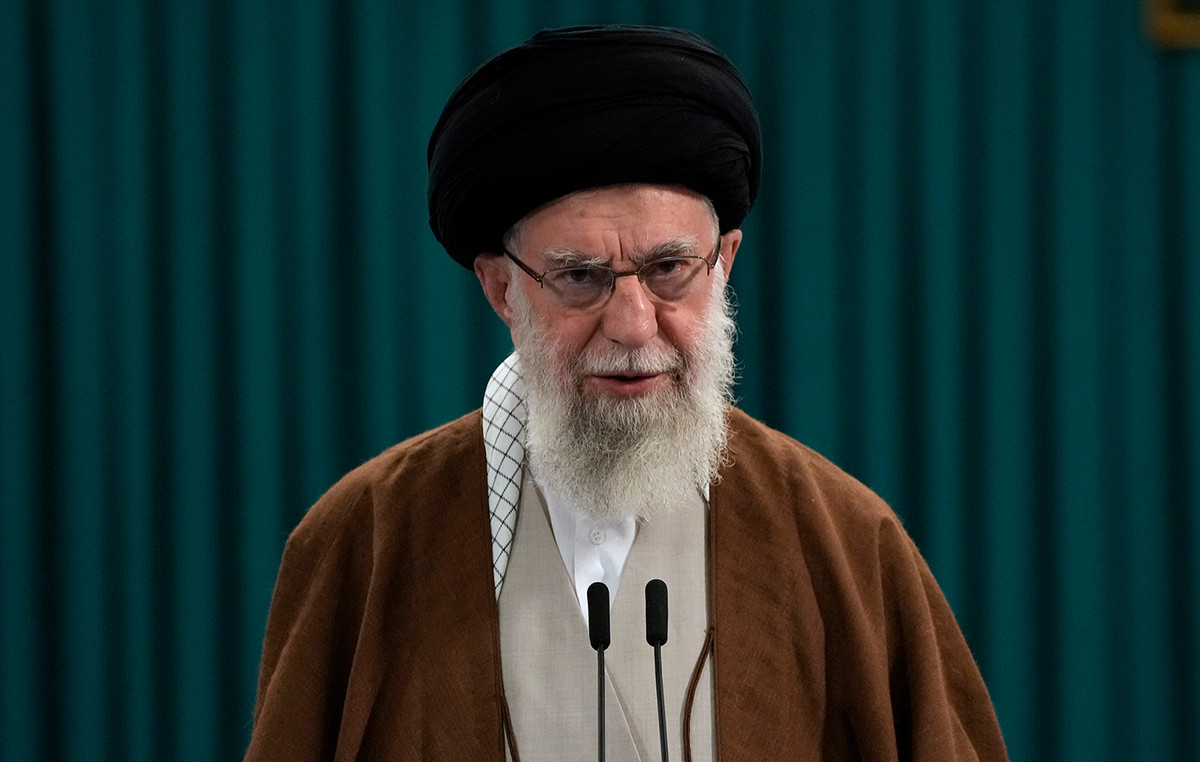A Brazilian company, which owns 410 square kilometers of the Amazon rainforest, is offering a new way to finance conservation: selling non-fungible tokens (NFTs) that allow buyers to sponsor the preservation of specific areas of the jungle.
NFTs are property titles over digital goods that can be traded for monetary values and can represent everything from cartoon monkeys to clothing for avatars to wear in metaverses, a business that already moves billions of dollars around the world.
Other funding attempts via NFTs include plans for a wildlife reserve in South Africa.
The company Nemus started last Friday (25) to sell NFTs that give buyers exclusive sponsorship of different sizes in the forest, with proceeds destined to preserve trees, regenerate devastated areas and promote sustainable development.
Whoever holds the tokens will not own the land itself, but will have access to important information about its preservation, from satellite images to licensing and other documents, said Nemus founder Flávio de Meira Penna.
He said Nemus sold 10% of its initial token offering for 8,000 hectares on day one.
“My hunch is that this will accelerate rapidly in the coming weeks,” Penna told Reuters, adding that blockchain technology would ensure transparency in the use of funds.
Plots range in size from a quarter of a hectare to 81 hectares, which buyers will be able to locate on online maps.
NFTs for the smallest lots sell for $150, and the biggest one costs $51,000, said Penna, who hopes to raise between $4 million and $5 million to buy another 2 million hectares of land that are already being traded in the city of Pauini, in the State of Amazonas.
In addition to conserving the forest, Penna said the proceeds would help support sustainable development projects such as the harvesting of açaí and chestnuts by local communities in Pauini, which is the size of Belgium.
Each token contains an artwork of an Amazon plant or animal and is processed by San Francisco-based Concept Art House, a content developer and publisher of NFTs.
Critics have questioned the value of NFTs for environmental causes because tokens using blockchain technology need a lot of computing power, raising the demand for electricity generation that emits greenhouse gases.
Penna rejected that opinion, saying that preserving endangered areas of the Amazon far outweighs the environmental cost of NFT transactions.
Source: CNN Brasil
I am Sophia william, author of World Stock Market. I have a degree in journalism from the University of Missouri and I have worked as a reporter for several news websites. I have a passion for writing and informing people about the latest news and events happening in the world. I strive to be accurate and unbiased in my reporting, and I hope to provide readers with valuable information that they can use to make informed decisions.







